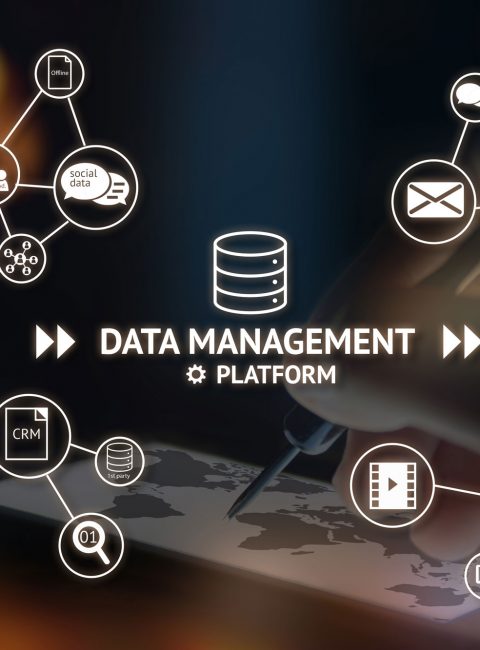 >
Spotlight August 2021: Towards FAIR nanosafety data
>
Spotlight August 2021: Towards FAIR nanosafety data
In August we would like to present a paper on FAIR data.
The paper published in Nature Nanotechnology in June 2021 summarises the challenges and provides recommendations for the efficient reuse of nanosafety data in line with the recently established FAIR guiding principles: findable, accessible, interoperable and reusable. This article summarises the know-how on the collection, replenishment and reuse of data in the eNanoMapper database (http://www.enanomapper.net/) from a variety of EU-funded projects, with a particular focus on the “FAIRification” of data from the EU Horizon 2020 project NanoReg2 (https://search.data.enanomapper.net/projects/nanoreg2/).
The paper summarizes challenges and provides recommendations for the efficient reuse of nanosafety data, in line with the recently established FAIR guiding principles.
In the current study, the process of FAIRifying nanosafety data led to the identification of 13 challenges, as summarized below in line with the FAIR principles and presented along with lessons learned. The experience compiled in this article serves as an example and sets the scene for ongoing continued efforts to gather and generate inherently FAIR nanosafety data to support an efficient governance and regulation of nanomaterials.
Original Publication:
Jeliazkova, N., M. D. Apostolova, C. Andreoli, F. Barone, A. Barrick, C. Battistelli, C. Bossa, A. Botea-Petcu, A. Chatel, I. De Angelis, M. Dusinska, N. El Yamani, D. Gheorghe, A. Giusti, P. Gomez-Fernandez, R. Grafstrom, M. Gromelski, N. R. Jacobsen, V. Jeliazkov, K. A. Jensen, N. Kochev, P. Kohonen, N. Manier, E. Mariussen, A. Mech, J. M. Navas, V. Paskaleva, A. Precupas, T. Puzyn, K. Rasmussen, P. Ritchie, I. R. Llopis, E. Runden-Pran, R. Sandu, N. Shandilya, S. Tanasescu, A. Haase and P. Nymark (2021). “Towards FAIR nanosafety data.” Nat Nanotechnol 16(6): 644-654. doi.org/10.1038/s41565-021-00911-6

Weitere Spotlights
Spotlight June 2021: Endotoxin – the reason for false-positive toxicity testing for advanced materials?
Advanced materials, but also nanomaterials are closely examined to determine whether they trigger biological effects that could be harmful to humans and the environment before they are used in products. This also includes such materials as titanium dioxide, which has been used in a wide variety of products for more than 50 years. A particularly […]
Read moreSpotlight December 2022: Fighting tumors with micro robots
When we, the DaNa team as operators of the website nanopartikel.info, write about nanobots, i.e. nanometre-sized machines, we point out that these machines belong to science fiction, may even remain a utopia – i.e. never realisable. On the significantly larger micro-scale, however, small machines are conceivable that could help in the therapy of diseases, e.g. […]
Read moreSpotlight October 2021: Nanopesticides – a proposal for a risk assessment framework
The application of so-called “nanopesticides” (see also cross-sectional text Nanomaterials in plant protection products) is said to have two basic advantages: a smaller amount of pesticide is needed for the same agricultural area and the efficacy is improved. This is necessary to grow enough food for a still growing world population. However, this could also […]
Read moreSpotlight August 2020: The nanoGRAVUR Grouping approach
In August, we would like to present a paper of the German BMBF project nanoGRAVUR. nanoGRAVUR dealt from 2015-2018 with the grouping of nanostructured materials with regard to occupational safety, consumer and environmental protection and risk mitigation. The approach is now described by the project partners in this paper.Due to the variety of synthetic nanomaterials and the numerous modifications (differences in size, shape, chemical composition and surface functionalization), the effort required to investigate effects and behaviour within the framework of regulatory requirements is…
Read more


